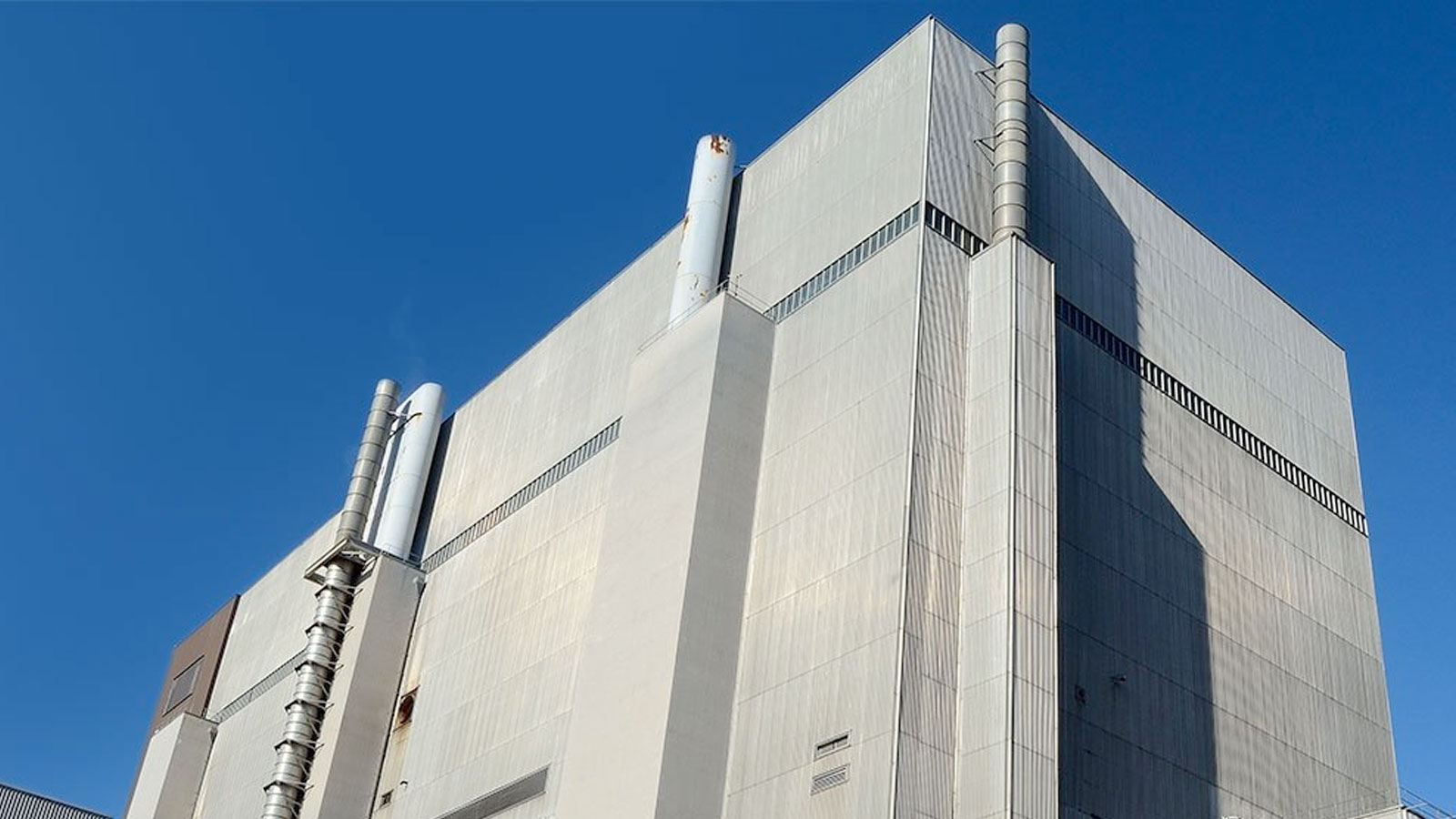Nuclear reactors at Heysham and Hartlepool will continue operating until 2026, two years longer than operator EDF had initially planned.
Having taken on responsibility for the Heysham 1 and Hartlepool nuclear reactors back in 2009, EDF had expected to begin decommissioning the plants in 2014. However, following an extensive investment by the French energy giant, the company later announced that it would be able to continue generating electricity from the site until 2024. That date has now been pushed back yet again, with both generators expected to continue generating electricity for the UK grid until March 2026.
The decision to extend the life of the two reactors comes at a critical time for the UK’s energy grid. Given both the drive to decarbonise the grid alongside the ongoing energy crisis, the loss of 2,340 MW of potential electricity generation would have been a blow.
However, it’s also true to say that nuclear reactors have a natural end of life. EDF believes that both Heysham 1 and Hartlepool have yet to reach that point, despite achieving 40 years of operation this year. The operator notes that positive inspections of the graphite reactor cores during 2022 have increased confidence that the stations can generate for longer and continue to meet stringent regulatory standards.
Matt Sykes, Managing Director of EDF’s Generation business, commented, “Supplying zero-carbon and affordable electricity, whatever the weather, has never been more important than right now. Our ongoing investment and careful stewardship of the UK nuclear fleet since 2009 has allowed us to make today’s decision and helps support the UK’s energy security at this challenging time.
“As well as helping the UK reduce its use of imported gas, it is also great news for the 2,000 skilled people whose jobs are supported by these sites and will help preserve valuable technical and operational skills that will be critical as the UK seeks to re-build its nuclear capability.”
EDF says that the additional 29 TWh of electricity these stations could generate over that two-year period could help to displace 6 billion cubic metres of gas. The carbon avoided from this displacement is 10 million tonnes, like taking 5 million cars off the UK’s roads for a year.

